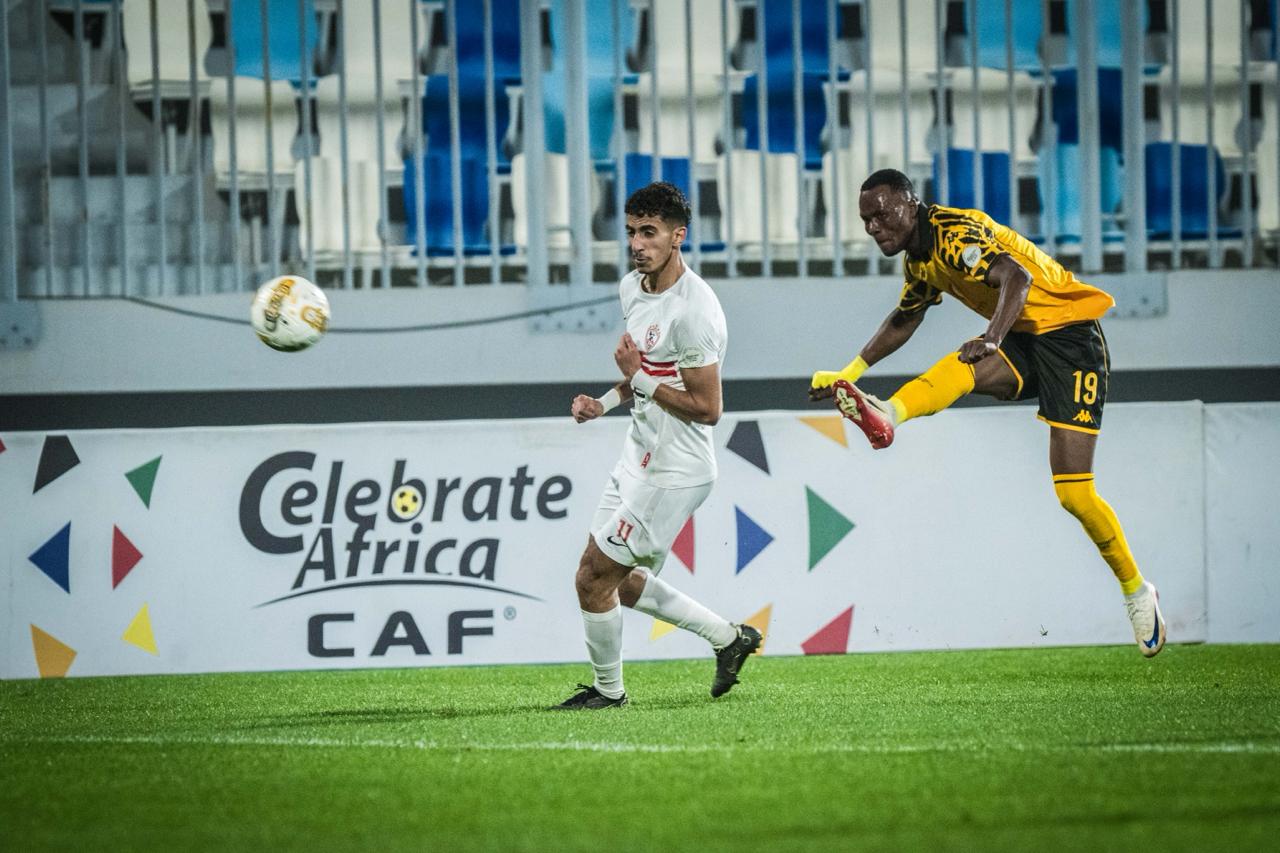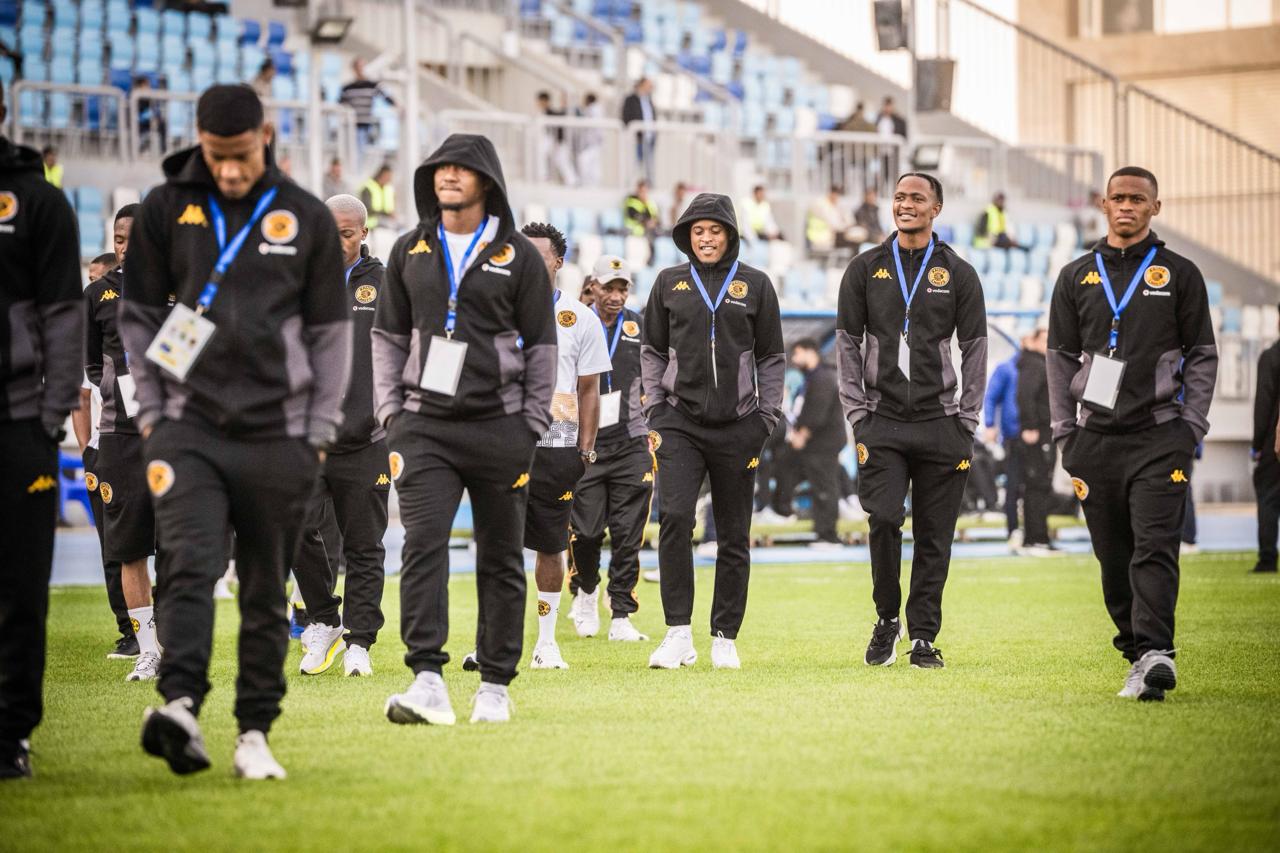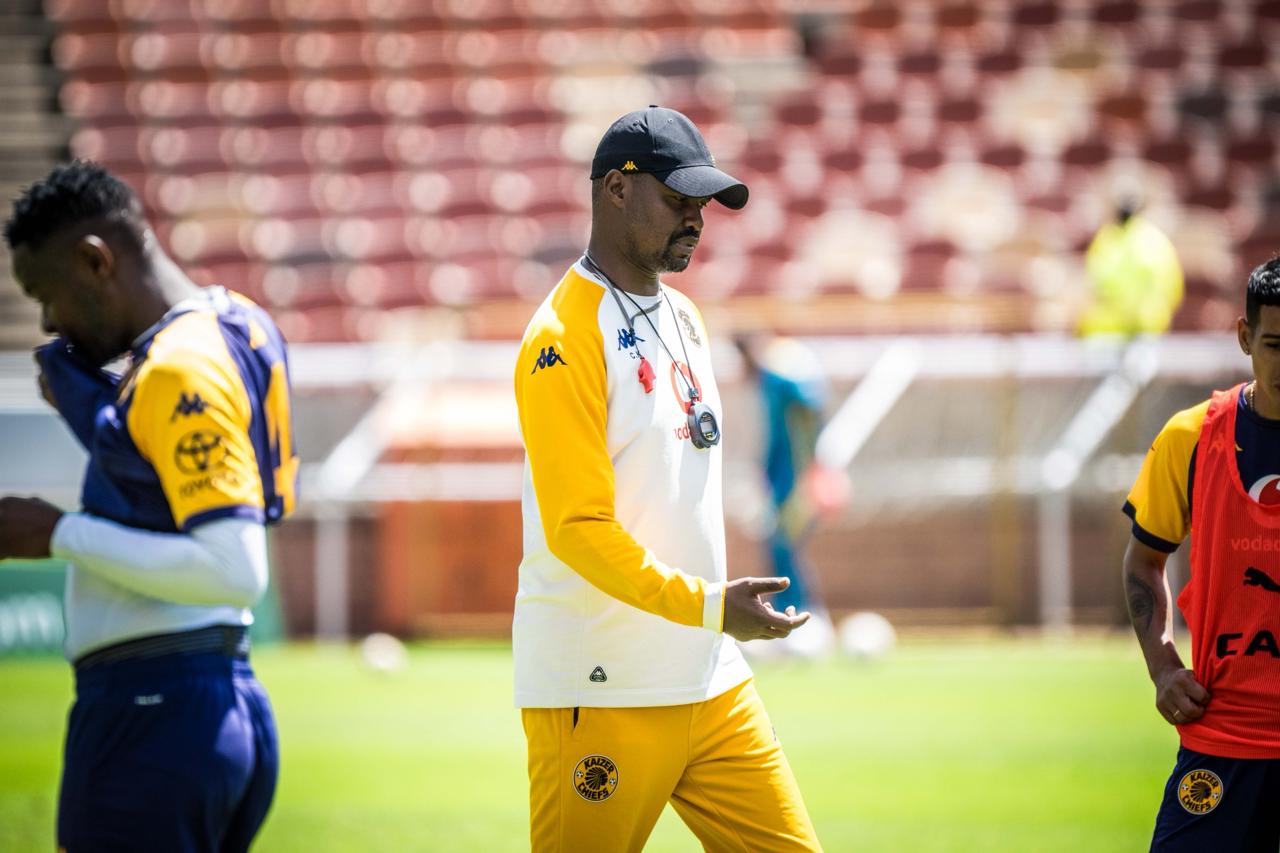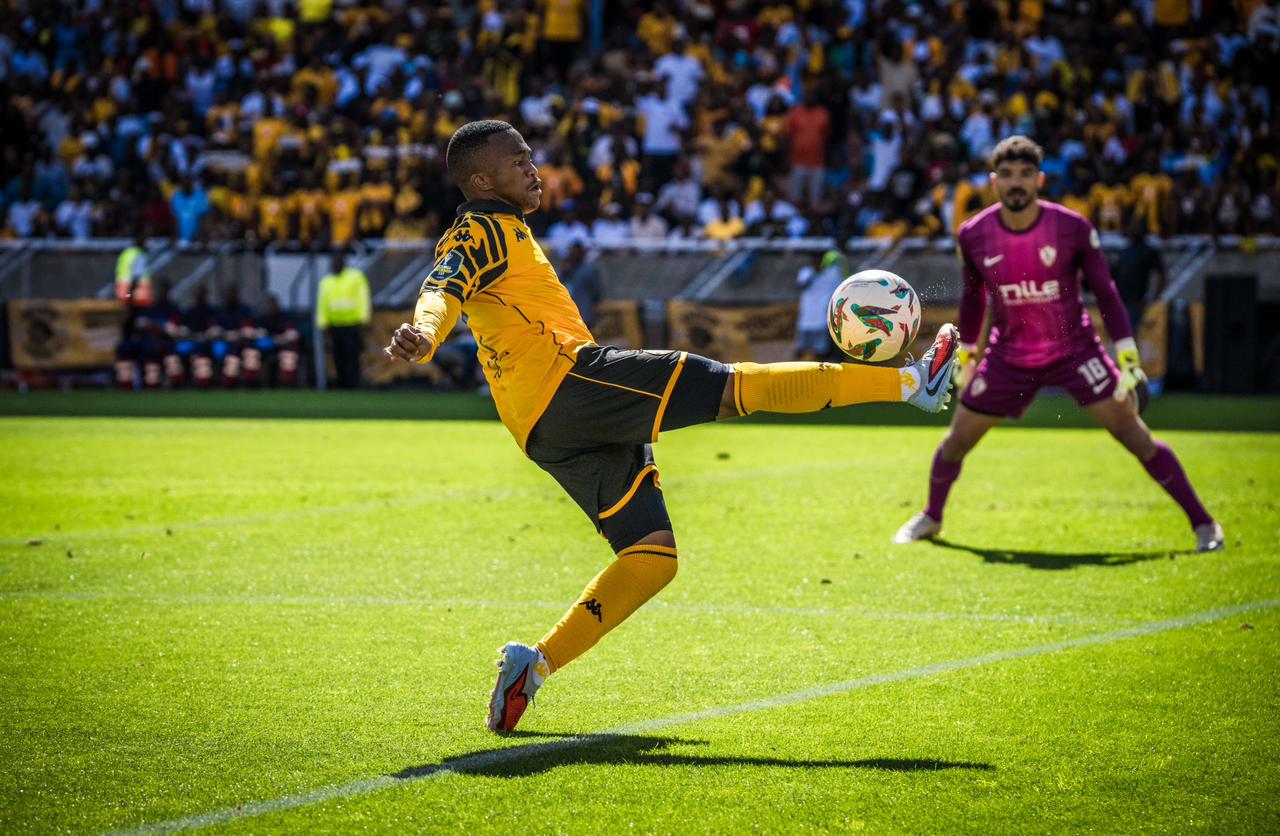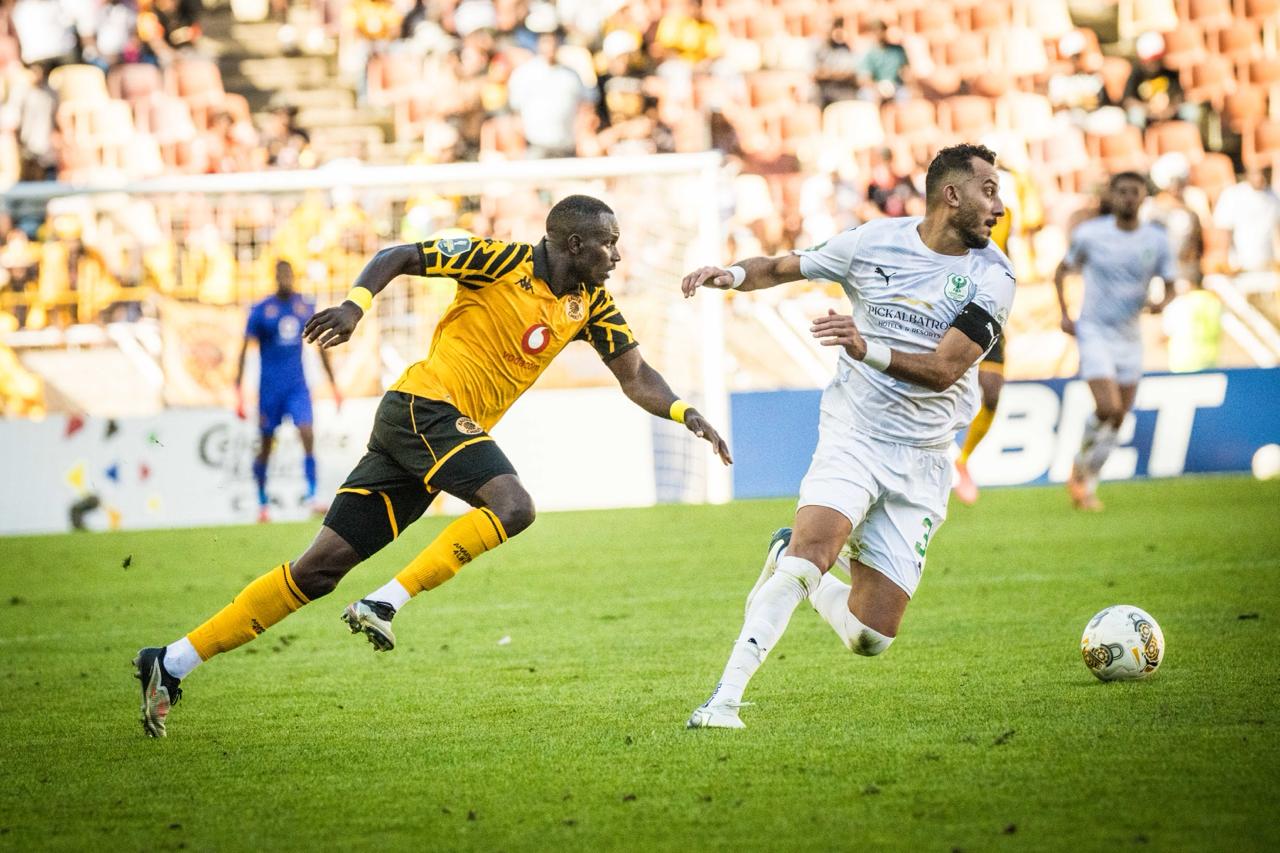Posted in Features, News on Jan 09, 2024.

It was with deep sadness that I learned of the passing of the great Franz Beckenbauer this past Sunday. Der Kaiser, as he was universally known, was a giant of the game and ranks among the most revered icons in the history of football. On a personal note, I had the privilege of meeting with him several times over the years and found him to be disarmingly gracious, humble and insightful for someone of such lofty standing.
Most memorably, back in 2007, he availed himself to take part in the ceremonial kick-off of the Soweto Derby in Durban, drawing a huge cheer from the fans inside the packed stadium.
I became aware that he wasn’t very well after the Club reached out to his family ahead of my induction to the South African Hall of Fame via the German Embassy in South Africa in November 2023, to invite him to be part of the ceremony, only to be informed that he was not in good health. Still, it comes as a blow to hear that he is no longer with us.
His legacy, though, will forever command the highest respect
My admiration for Beckenbauer is multi-faceted. Originally a midfielder, as a player he was a trailblazer who redefined the role of a central defender which laid the platform for the modern ball-playing defenders we take for granted today. A two-time winner of the Ballon D’Or, his role as a libero playing the position of sweeper as a deep-lying playmaker who could bring the ball out from the back and set up attacks with the passing ability of a midfielder, gave his teams an extra dimension that formed the platform upon which their legendary success was built. He glided across the pitch with elegance and poise that exuded leadership and imbued his teammates with supreme confidence.
This is borne out in the success he achieved during his playing career, bagging a World Cup (1974), a European Championship (1972), three consecutive European Cups (Uefa Champions League) (1974, 75, 76), on top of numerous domestic Bundesliga and Cup titles with Bayern Munich, a Club that owes much to Beckenbauer for elevating it to its current status as one of the world’s elite football institutions.
He took his natural leadership skills into management after retiring and reached the highest heights attainable when he led Germany to victory in the 1990 World Cup, becoming the second (and now one of only three) people to win the World Cup as a player and a head coach. Sadly, the first to do it, the renowned Brazilian, Mario Zagallo (1958, 1970), also passed away in recent days.
As a person, Franz, like all of us, was human and not without fault. Yet, true to the integrity that pervaded his character he recognised his shortcomings and reflected on his self-admitted mistakes honestly.
As a leader, he was imperious, embodying the essence of German football that created an aura of undefeatability around them that prompted Gary Lineker to lament once, “Football is a game where two teams play each other and in the end, the Germans win.” Much of that was down to Franz Beckenbauer.
As the world mourns the passing of one of the 20th Century’s most iconic sporting superstars, my sincere empathy goes out to his family and loved ones, and from myself personally, as well as the Kaizer Chiefs Family, we wish that his soul may rest in peace for all eternity.
The Chairman

